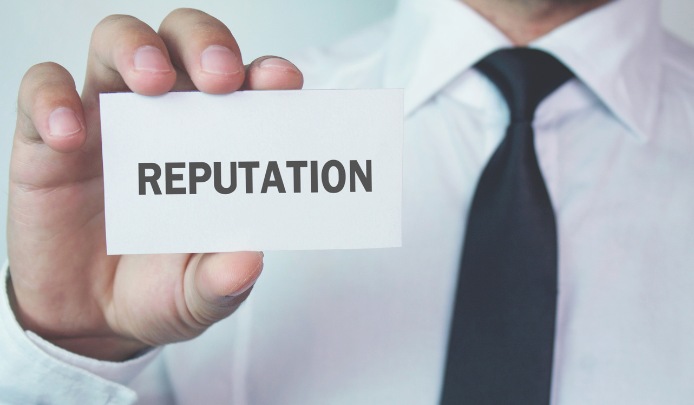All it takes nowadays is just one malicious comment on the internet to destroy your reputation. Whether it is a defamatory blog entry, cyberbullying on social media, or a negative review, issues involving defamation business law can tarnish your business or professional life for years to come. But there is legal support that will protect your reputation, defend you from slander, and take you through the long process of having your name cleared.
Understanding Reputation Damage in the Digital Age
Your reputation is perhaps one of your greatest assets. To professionals, businessmen, and people, public perception actually makes or breaks opportunity, partnerships, and profits. But for better or for worse, the internet has provided a problem whereby misinformation or fake news can spread faster than ever.
- E-commerce reviews and feedback can make or break a purchase in real-time.
- Social media posts can go viral, carrying unpleasant messages to the masses.
- False news reports can persist in search results for several years.
What Constitutes Defamation?
Under Australian law, defamation occurs when:
1. A statement is published to a third party.
2. It identifies you or your business.
3. It harms your reputation.
4. It lacks a valid defence, such as truth or privilege.
The Role of a Defamation Litigation Lawyer
Your first line of defence against defamatory accusations is a defamation litigation lawyer. These professionals can:
- Assess whether the offending material qualifies as defamation.
- Advise on the best course of action, strategic or legal.
- Prepare and serve notices to the offending party, as required by Australia’s Defamation Act, before legal proceedings.
- Negotiate, mediate, or battle your case in court.
By working with an expert, you gain both protection and a strategic advantage in clearing your name.
Addressing Defamation on the Internet
The internet is the most common source of modern reputation damage. Defamation on the Internet can appear as:
- Posting of false information on social media.
- Online negative reviews without a reason.
- Blogs or forums posting deceptive content.
- News sites or online publications are posting disastrous pieces.
A lawyer can help with:
- Takedown requests to platforms and hosting providers.
- Search engine removal tactics for damaging content.
- Injunctions to prevent ongoing publication.
- Make damage claims if your reputation has been seriously damaged.
Cyber defamation needs to be addressed immediately and with professionalism because information on the internet can spiral out of control easily.
Why Acting Early is Critical
Time is of the essence when reputation is at stake. Not acting early can have the following effects:
- Wider circulation of false information.
- Permanent indexing of harmful content in search engines.
- Greater financial and emotional loss.
Working with an experienced defamation lawyer early can help you with:
Strategic Advice and Review
Your lawyer will determine if the material satisfies the legal definition of defamation. They will evaluate the likelihood of counterclaims and tell you whether you ought to settle, mediate, or even go to trial. They will tell you whether your evidence is strong, whether your witnesses are believable, how costly it might be, and how long it will be before your case reaches a judge, all to enable you to make the best decision for yourself.
Issuing Concerns Notices
Australian law of defamation mandates that you serve a formal notice to the publisher before suing. Lawyers carefully draft the notices to request that the content be deleted or apologise for, ensuring clarity, legal accuracy, and a strong basis for resolution.
Pleading Takedowns and Retractions
A large number of cases can be settled without going to court. Sites such as Google, Facebook, and review websites will sometimes be more responsive to a letter of legal notice than they would to legal notices than to individual complaints.
Lawful Compensation
When there is a major injury, your defamation lawyers can claim damages in terms of lost wages, emotional distress, and loss of reputation.
Commercial Defamation Solutions
Reputation is revenue for small businesses and entrepreneurs. Defamation business law allows companies to:
Shield their brand from spiteful competitors or aggrieved former workers.
Shield digital assets such as review profiles and social media presence.
Build trust with customers, suppliers, and stakeholders.
Small and medium-sized enterprises (SMEs) are hit the hardest as one viral review can ruin years of work. Legal services not only repair damage but also implement preventative measures, such as:
- Preparing social media policies.
- Tracking online reputation.
- Preparing rapid response strategies for future incidents.
Conclusion
Reputation can get easily shattered, and with the internet, false information spreads faster than ever. Regardless of whether your problem is defamation, business law, or defamation on the web, legal expert support is your friend when rebuilding trust and safeguarding your future. Acting fast and working with the best lawyers ensures your reputation and business are saved.










